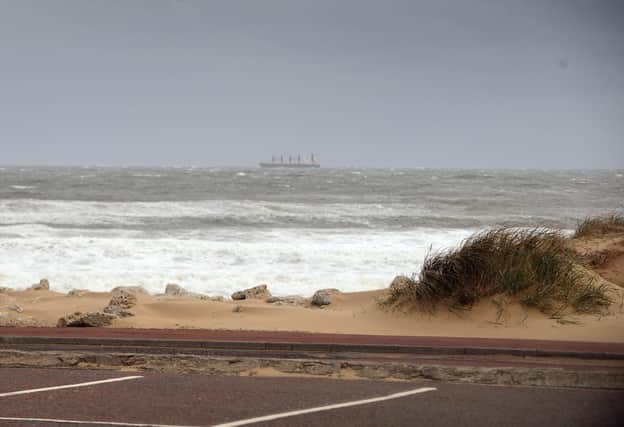Concern as rough sleepers at South Shields seafront continue to turn down accommodation


There are currently believed to be just two people living on the streets of South Tyneside, following efforts to provide extra support during the coronavirus pandemic.
And according to Mark Walsh, South Tyneside Council’s cabinet member for housing and transport, they may have been convinced to hold out by the public’s generosity.
Advertisement
Hide AdAdvertisement
Hide AdHe said: “It’s very difficult for any local authority to deal with rough sleepers who won’t voluntarily take up the accommodation we offer.
“The teams have been working to try and get these people into accommodation, and putting themselves at risk by being down there.
“What we’re being told, anecdotally, is that while there have been complaints about the rough sleepers, there has also been people offering them food, drinks and clothes, which may unfortunately have been encouragement for them to stay at the seafront.
“The borough historically has a low rate of rough sleepers, but there’s a distinction which needs to be made between rough sleepers and those who are begging.”
Advertisement
Hide AdAdvertisement
Hide AdCllr Walsh was speaking at a meeting of the borough council’s Housing Performance Panel on January 6, which was held by videolink and broadcast via YouTube.
The latest figures for the borough showed more than 200 ‘homeless presentations’, due to family breakdown and evictions, among other reasons, in seven out of 12 months in 2020, peaking in October.
South Tyneside has also seen a ‘significant increase in rough sleepers’, with 17 temporary placements prepared to deal with potential surges during the winter and the latest national COVID-19 lockdown.
Anna Milner, the council’s housing strategy operational manager, said: “We know of two rough sleepers at the seafront who we have continually tried to engage with.
Advertisement
Hide AdAdvertisement
Hide Ad“They’re both from outside South Tyneside, but they’ve been made offers of accommodations and they have refused.
“But we will continue to come up with a plan to support them as best we can.”